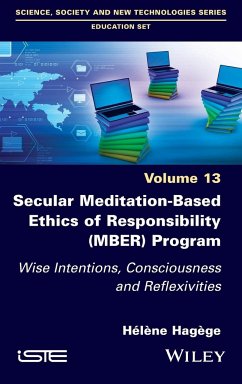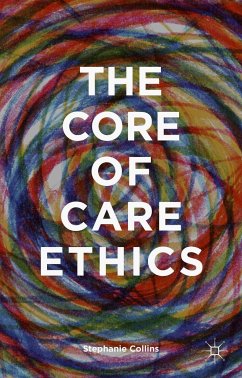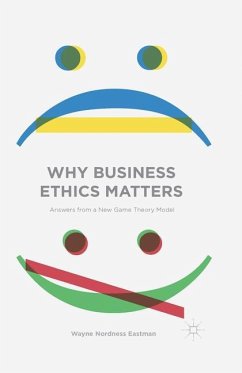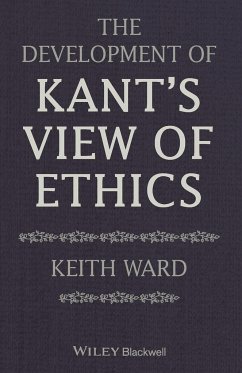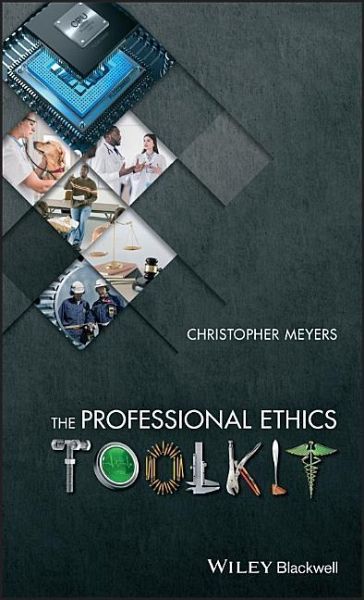
The Professional Ethics Toolkit
Versandkostenfrei!
Versandfertig in über 4 Wochen
86,99 €
inkl. MwSt.
Weitere Ausgaben:

PAYBACK Punkte
43 °P sammeln!
The Professional Ethics Toolkit is an engaging and accessible guide to the study of moral issues in professional life. It analyzes and provides tools for making sense of ethical dilemmas faced by people working in medicine, law, social work, business, and other professions where conflicting interests and ideas complicate professional practice and decision-making. Written by a seasoned ethicist and professional consultant, the volume uses philosophical ideas, theories, and principles to develop and articulate a definitive methodology for ethical decision-making in professional environments. Mey...
The Professional Ethics Toolkit is an engaging and accessible guide to the study of moral issues in professional life. It analyzes and provides tools for making sense of ethical dilemmas faced by people working in medicine, law, social work, business, and other professions where conflicting interests and ideas complicate professional practice and decision-making. Written by a seasoned ethicist and professional consultant, the volume uses philosophical ideas, theories, and principles to develop and articulate a definitive methodology for ethical decision-making in professional environments. Meyers offers the benefit of his expertise with clear and practical advice at every turn. He guides readers first through the normative foundations that make professions distinct from other kinds of work activities, and later, through numerous real-world examples and case studies to illustrate key ethical concepts, including role-engendered duties, conflicts of interest, and competency. Following the format of The Philosopher's Toolkit, The Professional Ethics Toolkit is an essential companion to the study of professional ethics for use in both the classroom and the working world, encouraging students, working professionals, and general readers alike to think critically and engage intelligently with ethics in their professional lives.





